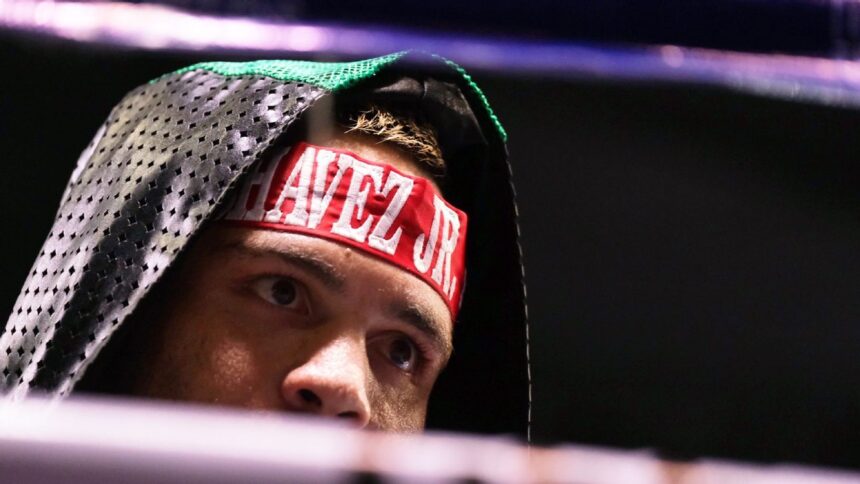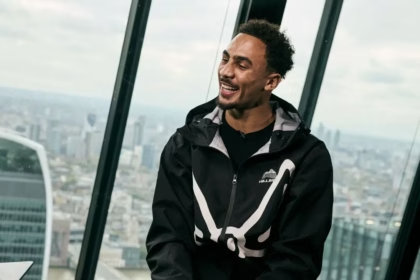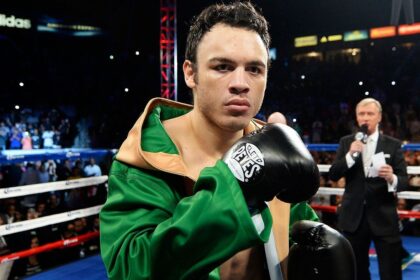Chávez Jr.’s Dilemma: A Legacy at Stake?
A decade later, Julio César Chávez Jr. appears more imposing. It’s not about being overweight, but rather a corpulence that, at 39 years old, manifests in thicker bones, wrists, and ankles, more pronounced facial features, and a more prominent crown, a metaphor for his boxing lineage. The question persists: will he achieve the cruiserweight of 200 pounds for his fight against Jake Paul this Saturday at the Honda Center in Anaheim? Chávez Jr.’s career has been a constant unknown. Although he confesses to being an admirer, the journalist recalls an interview in 2015, where his growth in the shadow of the most famous name in Mexico was evident, son of the greatest boxer of all time, in an era marked by his father’s excesses. Since then, the former WBC middleweight champion holds a record of 6-5, including losses to Anderson Silva, a UFC veteran, and two ring retirements. 18 months ago, he was arrested for weapons possession and later entered a rehabilitation program. His most recent victory was against Uriah Hall, a mixed martial artist, in his professional boxing debut. The journalist confesses his sympathy for Chávez Jr., for the vulnerability he shows. At the press conference, Paul deployed a precise provocation, appealing to the wounds of the past:Paul continued: “He’s the one who should be on the Disney Channel… I’m going to make him quit like always.” And directly to Chávez: “There are two things you can’t beat: me and your drug addiction.” To make matters worse, Paul involved Chávez Jr.’s father, who defended his son, claiming he had never seen him train for this fight. Paul’s response was immediate: “What is this, ‘Bring Your Dad to Work Day’?”“It’s the shame of Mexico…
Jake Paul


Eleven days before the fight, the journalist attended the Brickhouse Boxing Club in North Hollywood. Chávez Jr.’s coach, Charlie Huerta, explained that, although he is not part of boxing royalty, he was also born into this world. Huerta, a former lightweight, is trying to make his way as a coach. When asked about strength and conditioning training, Huerta replied: “Mainly, shadow boxing and mitts the old-fashioned way. And some weights”.
Huerta concedes that sometimes it’s difficult to get Chávez Jr. to the gym, but when he’s there, he gives 100%. How to beat Jake Paul? “Throw a lot of punches”, replied Chávez Jr. sleepily. “Train hard”.What did Paul say at the press conference about you and your father? Did you take it personally? “No. I expected that,” he replied. Why did Paul choose him? “He thinks I’m old. He wants to take advantage of my situation.”
Chávez Jr.’s situation, a condition that runs in his blood: without boxing, there is no love.








